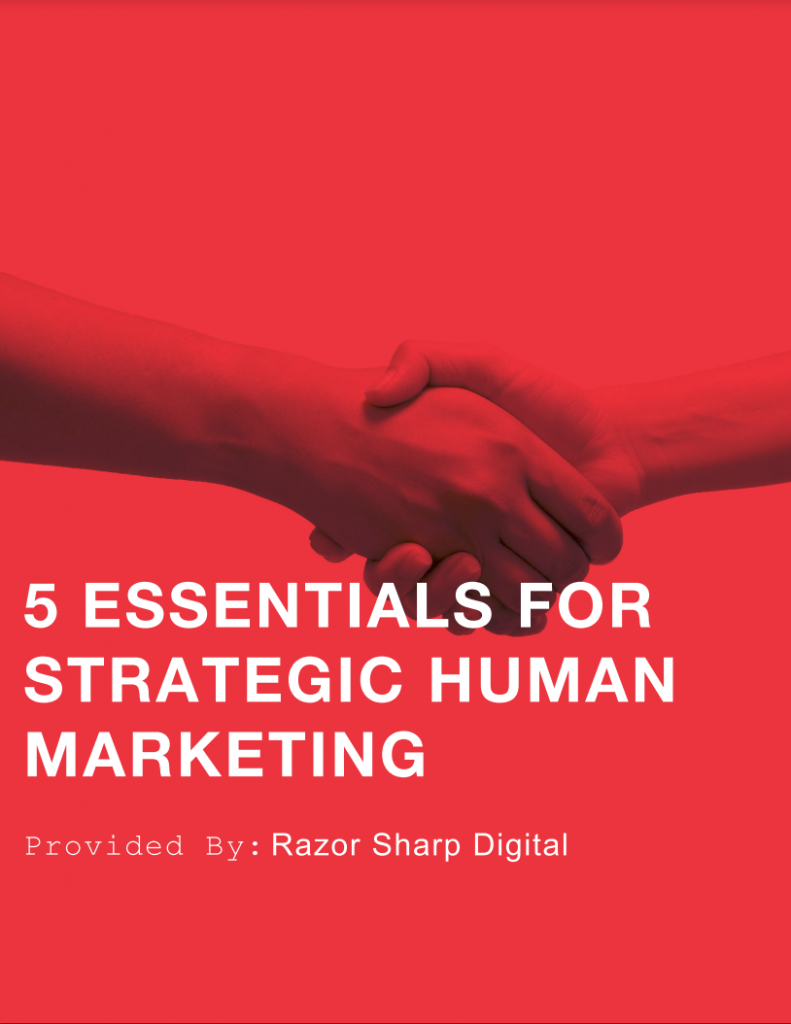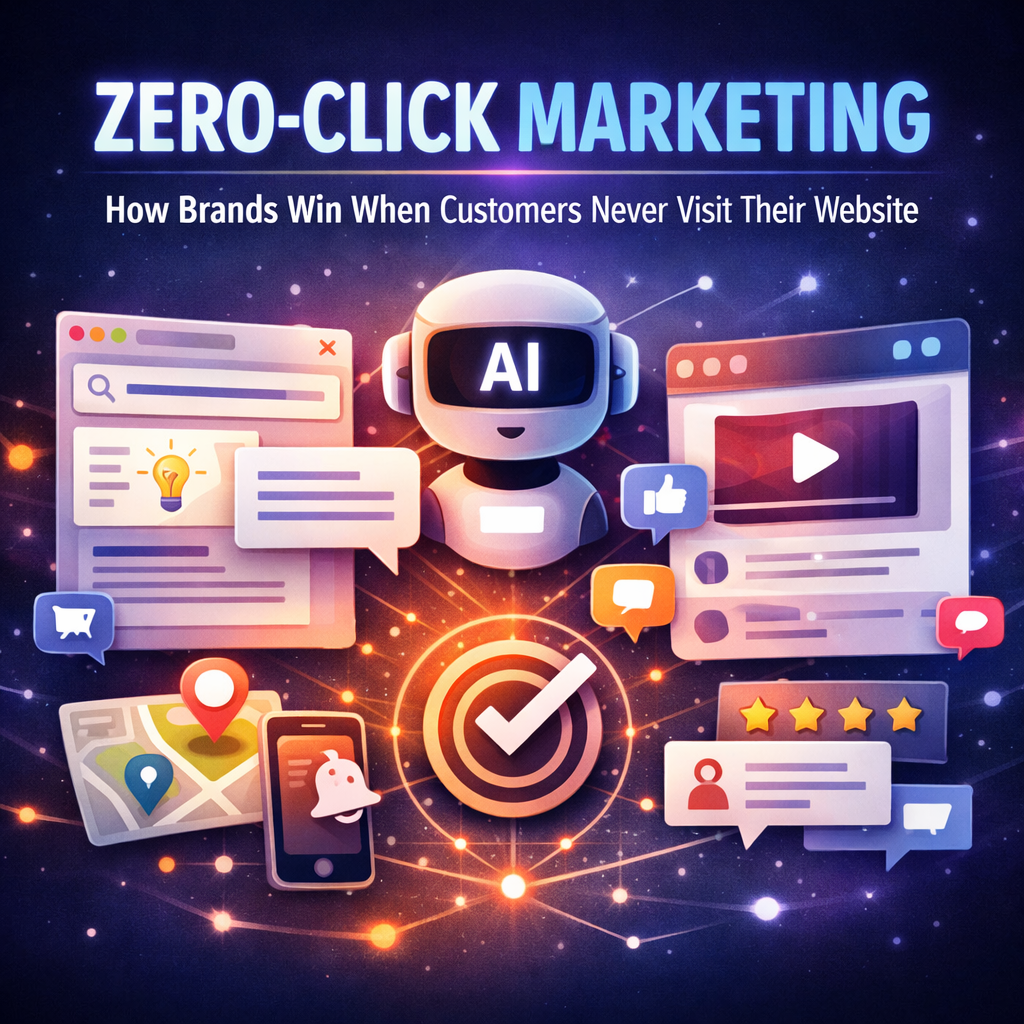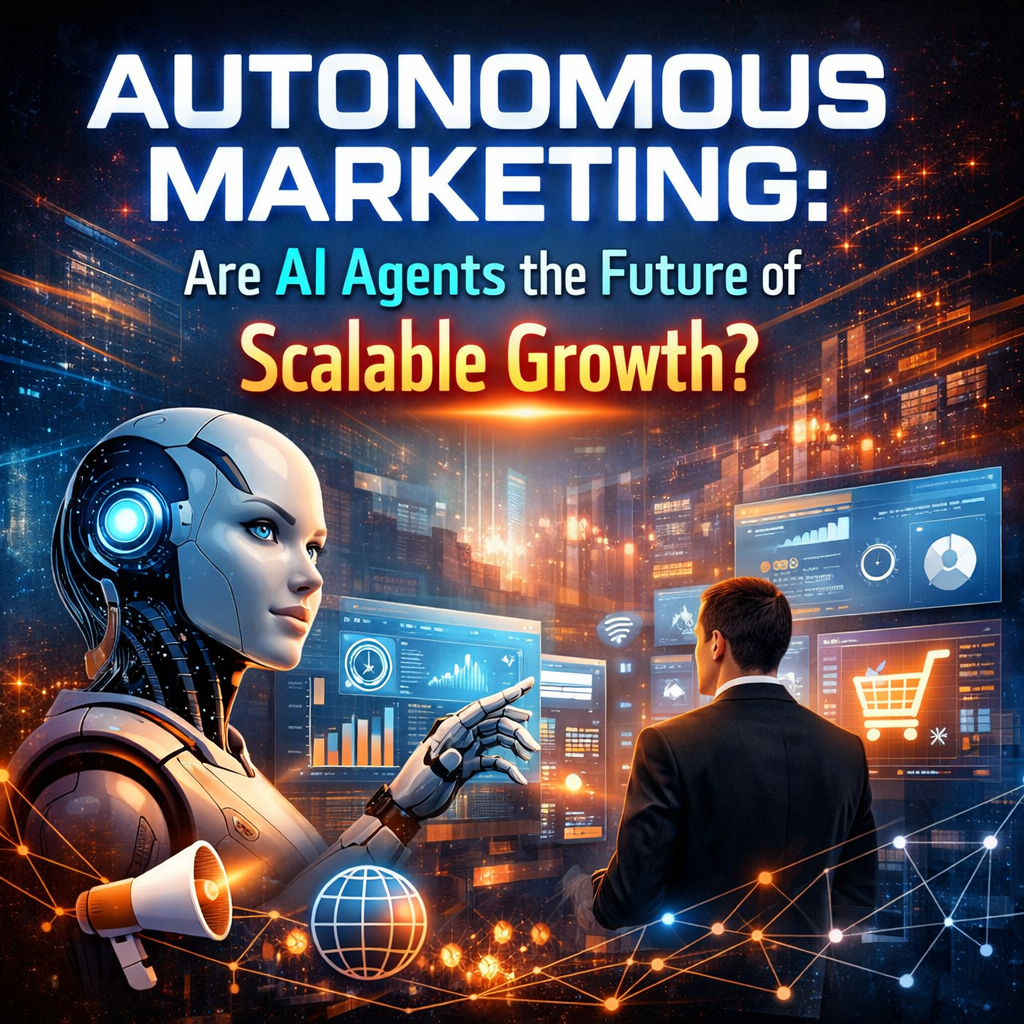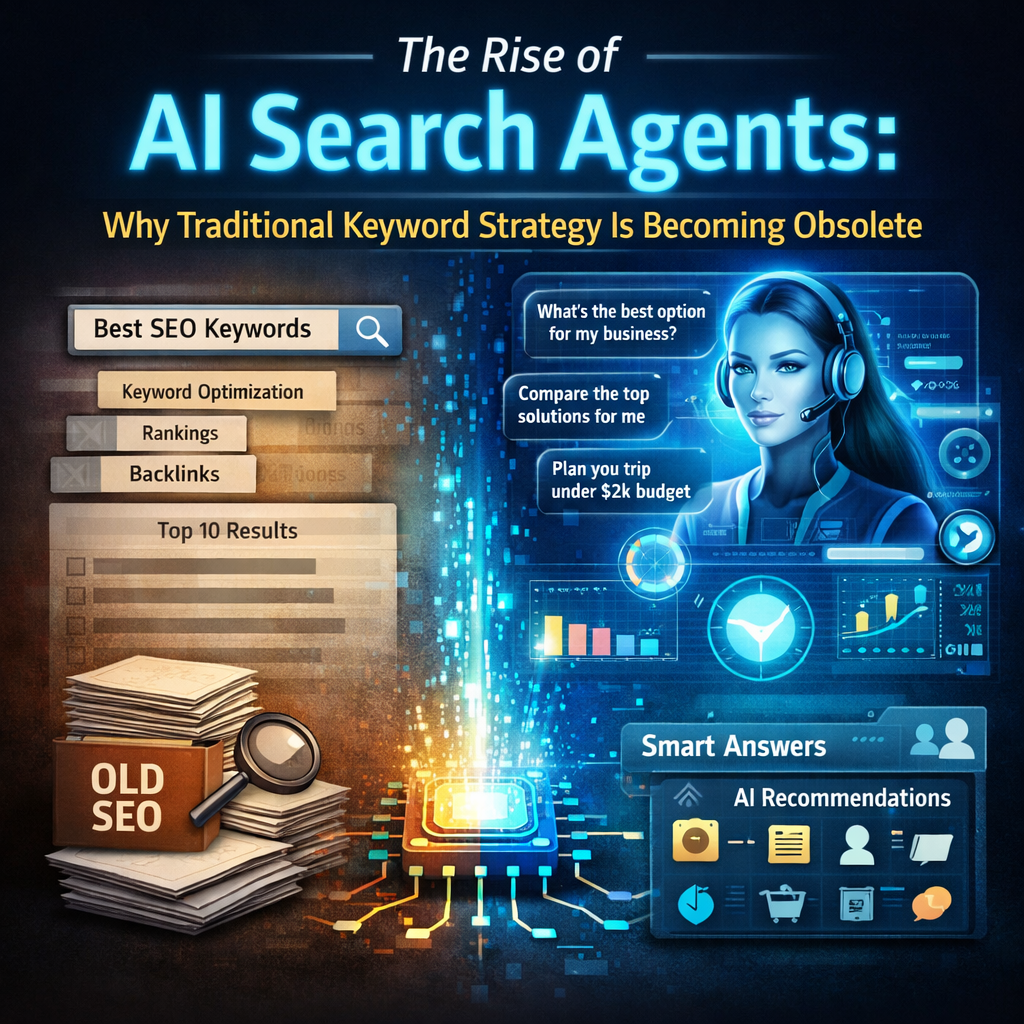What Is EEAT and Why Does It Matter in 2025?
EEAT is Google’s framework for assessing the credibility of your content. Introduced as part of its Search Quality Evaluator Guidelines, it helps determine which content is trustworthy, accurate, and useful.
Here’s what EEAT stands for:
Experience – First-hand knowledge or personal insight on a topic
Expertise – Demonstrated skill or qualifications in a field
Authoritativeness – Recognition by others as a reliable source
Trustworthiness – Safe, honest, and transparent content and practices
In 2025, Google is leaning even harder on EEAT signals to differentiate authentic, people-first content from mass-produced AI spam. EEAT is no longer just for Your Money or Your Life (YMYL) topics—it’s now crucial for all SEO strategies.
How Google Measures EEAT in 2025
Google uses both algorithmic signals and human quality raters to evaluate EEAT. While AI-generated content is on the rise, Google is prioritizing content backed by real people with real experience.
EEAT SEO Signals Include:
Author bylines and bios with credentials
Third-party mentions, citations, and backlinks
Consistent topical authority across a niche
Clear sourcing and fact-checking
Trust signals like HTTPS, clear privacy policies, and accurate business info
7 Ways to Build EEAT into Your SEO Strategy
To win with SEO in 2025, you need to bake EEAT into every part of your content and website. Here’s how:
1. Showcase Author Credentials
Add detailed author bios that include experience, qualifications, and links to LinkedIn or other verifiable profiles. Include bylines on every blog post and page.
2. Leverage First-Hand Experience
Include personal insights, case studies, and real-world examples. For product reviews or how-tos, show that you’ve actually used the product or done the task.
3. Establish Topical Authority
Go deep in your niche. Create content clusters and interlink related content to show Google you’re a true expert, not just a generalist.
4. Earn Quality Backlinks and Mentions
Get cited by reputable websites and publications in your industry. PR, guest blogging, and digital partnerships can help you build authoritativeness.
5. Use Clear, Accurate, and Trustworthy Content
Always cite sources, update content regularly, and correct outdated info. Avoid clickbait or misleading claims—Google is better than ever at spotting them.
6. Improve Your Site’s Trust Signals
Make sure your site is secure (HTTPS), mobile-friendly, and transparent. Add clear contact information, refund policies, and reviews if you’re an eCommerce brand.
7. Add Structured Data Markup
Use schema (like Person, Organization, Review, and FAQ) to give Google extra context about your content and contributors.
EEAT in the AI Era: Humans Win Trust
As AI content floods the web, Google is doubling down on human signals of trust. While tools like ChatGPT can help scale content creation, Google rewards content that demonstrates real experience and authority—not just machine output.
In short: The future of SEO is human-centered.
Final Thoughts: EEAT Is Your Competitive Edge
If you’re still focused only on keywords and backlinks, you’re playing yesterday’s SEO game. In 2025, EEAT is the difference between content that ranks and content that vanishes in a sea of AI noise.
Focus on real expertise, build trust through transparency, and invest in high-quality, authentic content. That’s how you dominate search in the age of AI.









